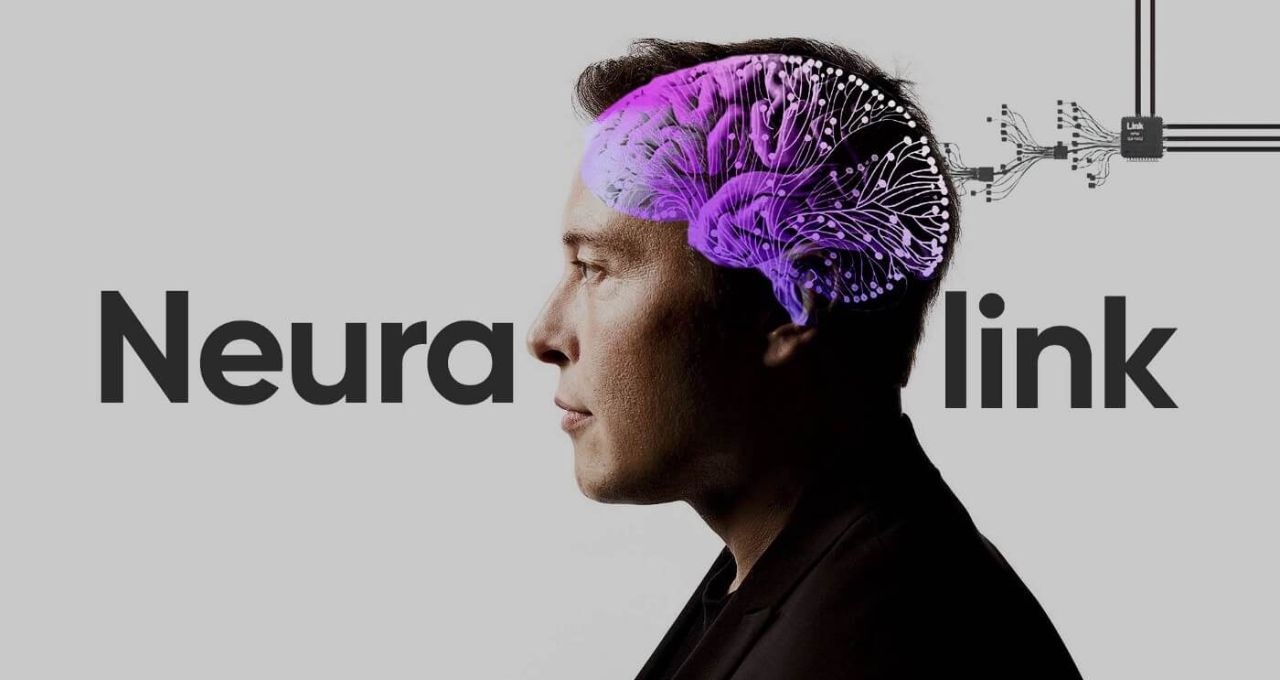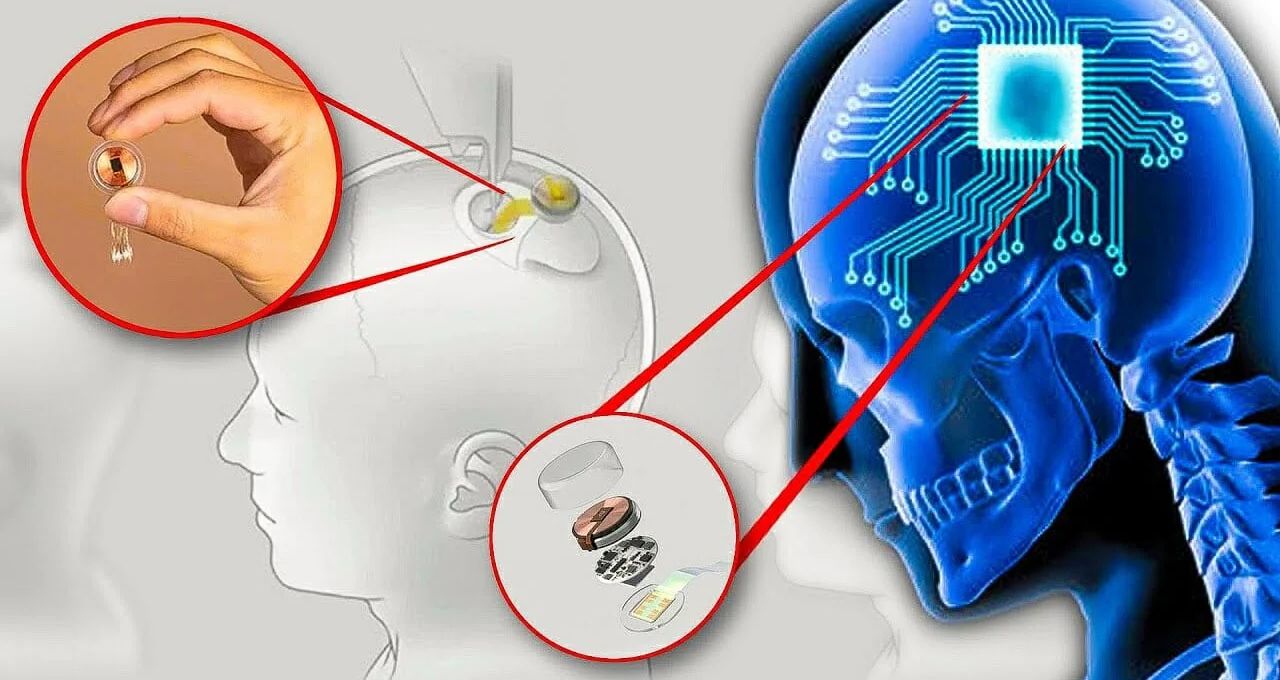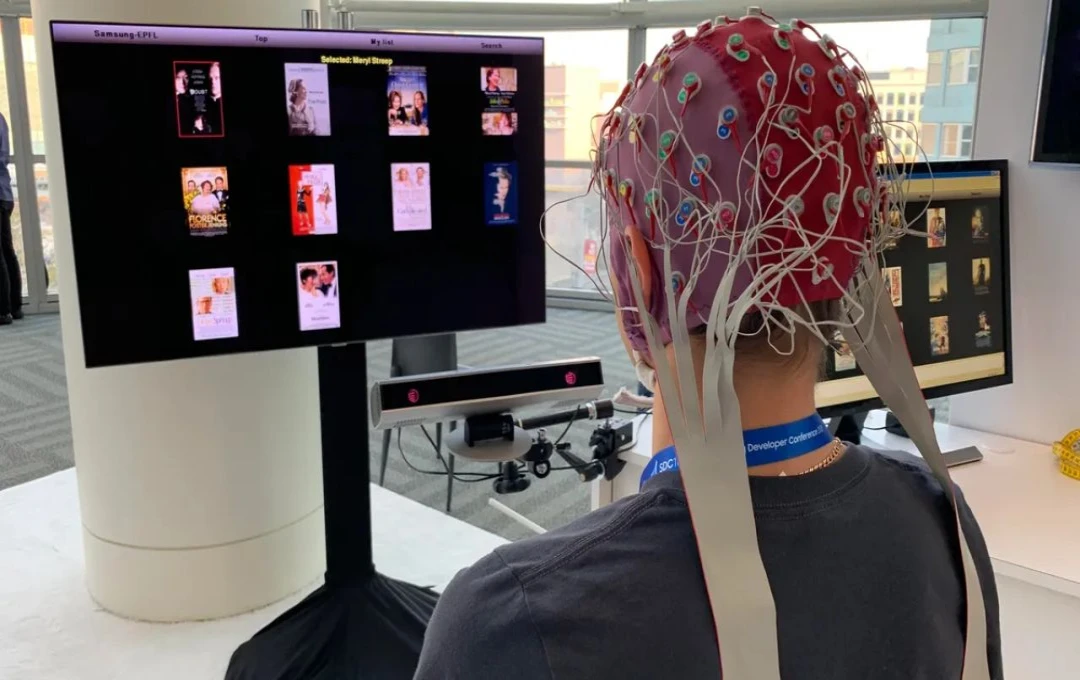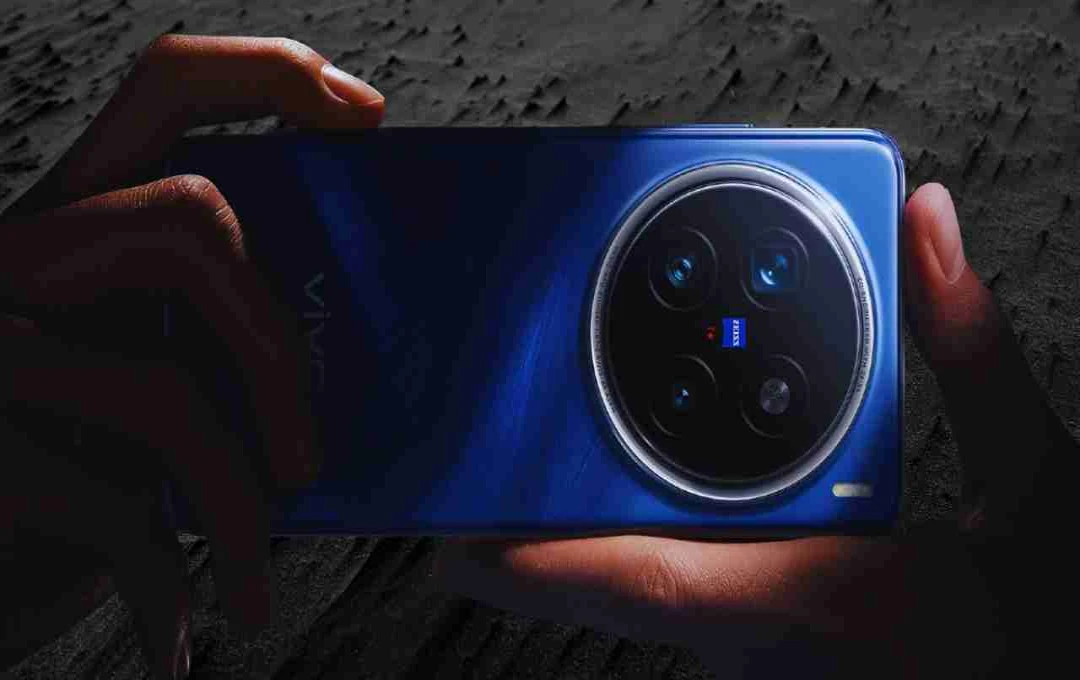Ever imagined controlling your mobile phone with just your thoughts? Sending messages without touching the screen? This is no longer a dream; it's a reality! Elon Musk's company, Neuralink, has successfully completed its first major human trial of a brain-computer interface, enabling control of computers and mobile devices directly from the human brain.
This brain chip technology allows humans to type, play games, and even use social media—all through the power of thought, eliminating the need for a mouse, keyboard, or touchscreen. This is the most revolutionary moment in human history, Musk tweeted.
How Does the Neuralink Brain Chip Work?
The Neuralink implant is an extremely thin, minuscule chip implanted into the human brain via microsurgery. This chip reads the electrical activity of neurons and translates it into digital commands.
In essence: When you think about something—like opening Facebook or sending a message—the chip converts that thought into a computer signal, and your phone executes the command.
How Did the First Trial Go?

In early 2025, Neuralink performed its first brain implant on a 29-year-old who was paralyzed from the waist down due to a spinal cord injury. Using only their mind, they successfully:
- Sent messages on WhatsApp
- Opened YouTube
- Played Minecraft—without pressing a single button!
What's Next?
- Mind-controlled typing, gaming, and app control
- New hope for individuals with paralysis and other physical limitations
- The convergence of AI and brain-machine interfaces—leading to superhuman abilities
- Some experts predict that humans will control technology solely through thought in the future, rendering touchscreens, mice, and keyboards obsolete.
Why is This Generating Buzz in India?
The convergence of AI and neuroscience has created a ripple effect in India's healthtech and edtech industries. Institutions like IIT Delhi and IISc Bangalore are preparing international partnerships to bring this technology to India. If implemented correctly, this technology could transform the lives of thousands of differently-abled individuals, says Dr. Sharad Malhotra, a neuroscientist.

But There Are Risks…
This technology presents significant ethical and safety concerns:
- Could brain data be hacked?
- Will the privacy of thoughts become a significant threat?
- Will this technology be safe for the general population?
Neuralink assures that they employ military-grade encryption and biometric security systems to safeguard data. This new fusion of human and AI is ushering in an era where thought is the ultimate command. You won't touch your phone—you'll think, and it will respond.














